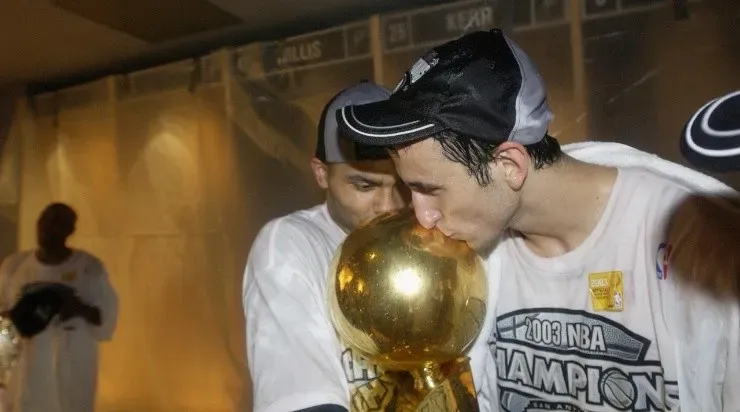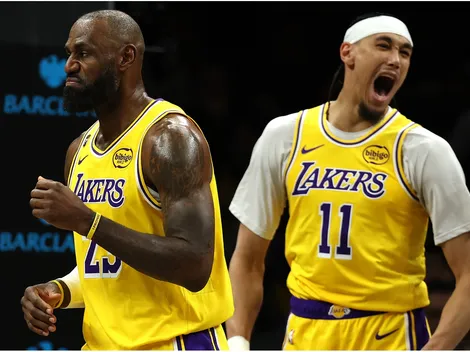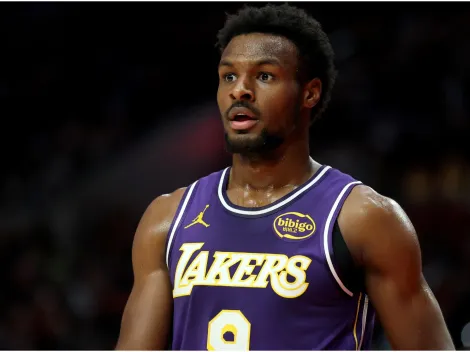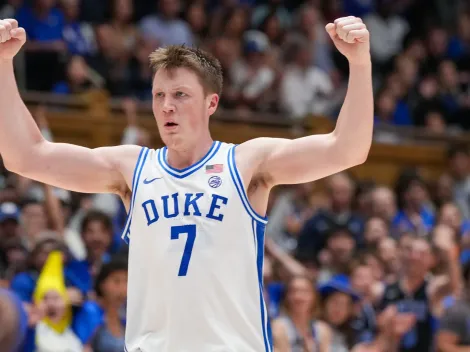Manu Ginóbili changed the game in a way, the Argentine was a pioneer of the Euro step, was a key example of the sixth man, and was able to convince coach Gregg Popovich to think outside the box.
Manu, as he is known to San Antonio Spurs fans, was an unpredictable basketball player, often resorting to wild shooting and taking big chances. Known for pulling a rabbit out the hat in his early NBA career, Manu was an example of the Argentine term “viveza” or sneaky thinking. What can one expect from an athlete from the land of Diego Maradona and Lionel Messi?
Popovich and the Spurs learned to appreciate Ginóbili’s tactics and antics and let him shine on a team that had a host of NBA legends like Tim Duncan and Tony Parker. Before being formally inducted into the Hall of Fame we will review some of Manu Ginóbili’s career highlights.
Manu Ginóbili achievements
One of the most decorated players to play in the NBA, Ginóbili played in Argentina and Italy before making his way to the NBA in 2002. The rest is history as in the NBA, Manu won 4 NBA titles in 2003, 2005, 2007, and 2014 all with the Spurs. He was a 2-time NBA All- Star, NBA Sixth Man of the Year (2008), and had his No. 20 retired by the San Antonio Spurs.
His complete NBA stats are Points 14,043 (13.3 ppg), Rebounds 3,697 (3.5 rpg), and Assists 4,001 (3.8 apg) in over 1000 games for the Spurs.

Emanuel Ginobili #20 and Tony Parker #9 of the San Antonio Spurs kiss the Championship trophy (Photo by Ezra Shaw/Getty Images)
Internationally at the club level, Manu Ginóbili was a EuroLeague champion, EuroLeague Finals MVP, 2-time EuroLeague Finals Top Scorer, 2-time Italian Cup winner, 2-time Italian League MVP, Italian Cup MVP, and Italian League steals leader with Italian side Virtus Bologna.
With the Argentine national team Ginóbili is by far the greatest Argentine basketball player of all time having his number retired by the national team. The golden generation of Argentine basketball players would win one gold and bronze medal in two Olympic games. A silver medal in the FIBA World Cup in 2002 and he retired from the national team at the Olympic games in Rio in 2016.





